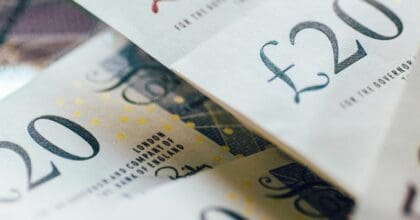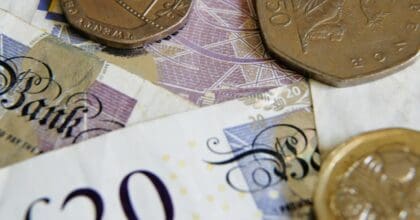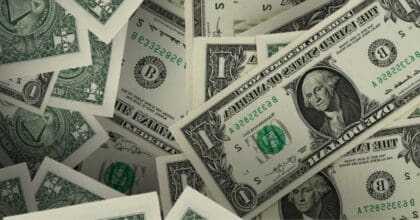A new survey of 2,500 random consumers by the American Bankers Association confirmed what banks had long suspected: that 65% of U.S. consumers either don’t own a checkbook or prefer not to use checks — opting for online or mobile payment tools instead. As banks face the declining use of paper checks and wrestle with consumer intolerance for fees, some are launching new types of accounts, such as online–only accounts or prepaid debit cards, which give consumers most of the benefits of a checking account, without the checks. The new checking accounts don’t offer paper checks, but they also don’t allow customers to overdraw their accounts or incur some other types of fees.
A number of large banks have introduced checkless accounts, including Key Bank, BBVA Compass, Bank of America, and most recently, Citibank. One big draw of these accounts, is that they appeal to customers who don’t qualify for free checking, but need the features of a full services account. The accounts come with a low monthly service fee, compared to the fees of traditional accounts, but more importantly there is no way to overdraw the account, so customers avoid additional, and perhaps, unexpected charges. The new Citi option – the Access Account – comes with a $10 monthly maintenance fee that can be waived by setting up direct deposit or maintaining a monthly balance of at least $1,500. The account comes with most of the features of the banks other accounts, including “anytime, anywhere access” through the bank’s smart phone and iPad apps. Bank of America introduced its Safe Balance checkless account in the spring of 2014. The new account has a set monthly fee of $4.95 that cannot be waived, but there are no overdraft fees.
Both KeyBank and BBVA Compass have also launched new online-only accounts. Key Bank’s Hassel Free account was featured in direct mail, online ads and print ads, and included a $150 cash incentive. The free services and the lack of monthly and overdraft fees were heavily promoted, including the zero minimum balance or activity requirements. BBVA Compass primarily promoted its ClearConnect checking account through online media. The accounts are online-only accounts, but the emphasis is on the functionality of those accounts, such as easily paying bills online or quickly and securely sending money to someone, which positions the account in a positive light.
These checkless checking accounts primarily appeal to an employed customer who does not sustain enough balance activity to get their fees waived, but needs a full service bank account. In short, banks are responding to the need in this marketplace – and also to the success of American Express and Chase with their prepaid debit card accounts -with checkless or prepaid card-type accounts with the advantage of providing basic full service banking. Additionally, these checkless accounts will further pave the way for the future of banking – mainly the move to online and mobile banking – forcing it mainstream.
For more information about how Mintel Comperemedia can help your business, click here.
Susan Wolfe is the VP of Financial Services at Mintel Comperemedia, focusing on the banking and investment industries. Susan brings over 20 years of experience in marketing and research to her role at Mintel.







































